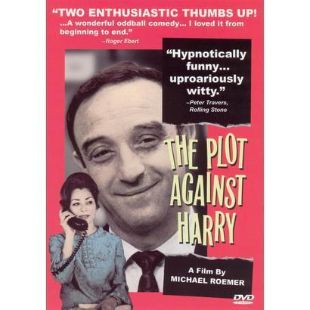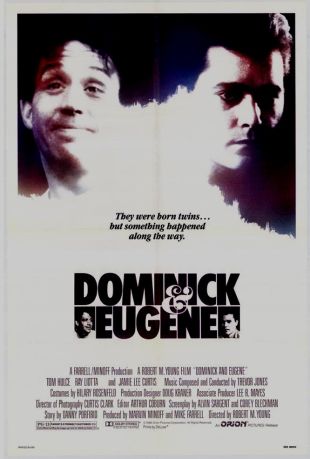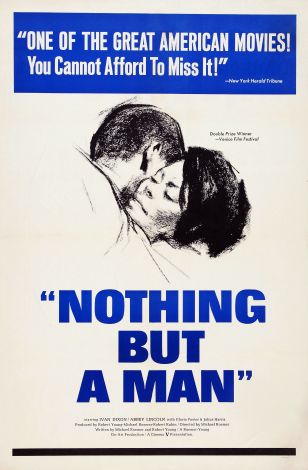New York-born Robert M. Young began his directorial career in association with Michael Roemer in 1960 with a documentary on sit-ins for the NBC White Paper series. This was followed by a documentary on Angola. In 1962, their controversial documentary on poverty in Palermo, Sicily, The Inferno, was rejected by the NBC network, but was later re-edited and shown at film festivals. Their next film together, Nothing but a Man (1965), became an acclaimed drama dealing with race relations in the United States as few feature films were willing to attempt, telling the tale of a black man (Ivan Dixon) with dreams beyond the station that society is willing to permit, and the price that he pays for them. Young didn't make his next movie, Alambrista!, as a director until a dozen years later, but he has always worked in serious films, often at the expense of popular acceptance. His adaptation of the stage prison drama Short Eyes (1978) proved critically successful, and One Trick Pony (1980) -- perhaps Young's most obvious attempt at a "commercial" film -- attracted a lot of attention as a vehicle for Paul Simon as an actor, although it ultimately failed due to Simon's limitations in that role. The violent, feminist-oriented drama Extremities (1986) helped establish Farrah Fawcett as a serious actress, but received considerable criticism, mostly owing to its theatrical origins, which didn't allow the work to translate well to the screen. Dominick and Eugene (1988) is his most successful film, a serious drama about the love between a young physician (Ray Liotta) and his childlike twin (Tom Hulce).
Robert M. Young
Share on


